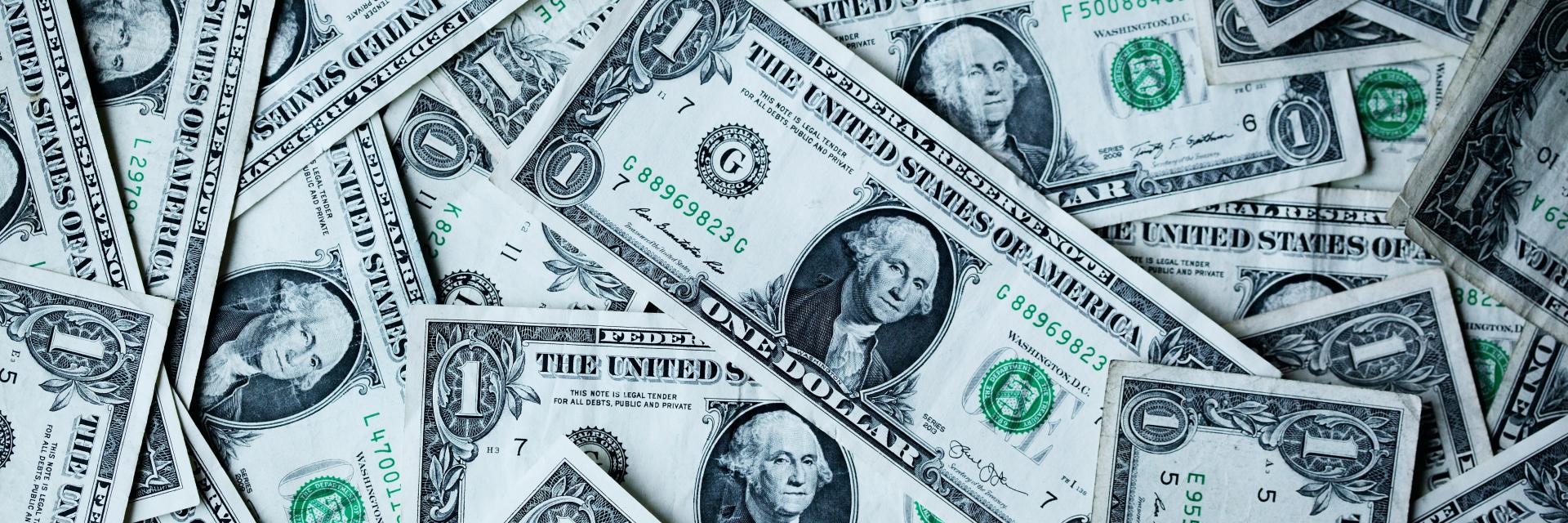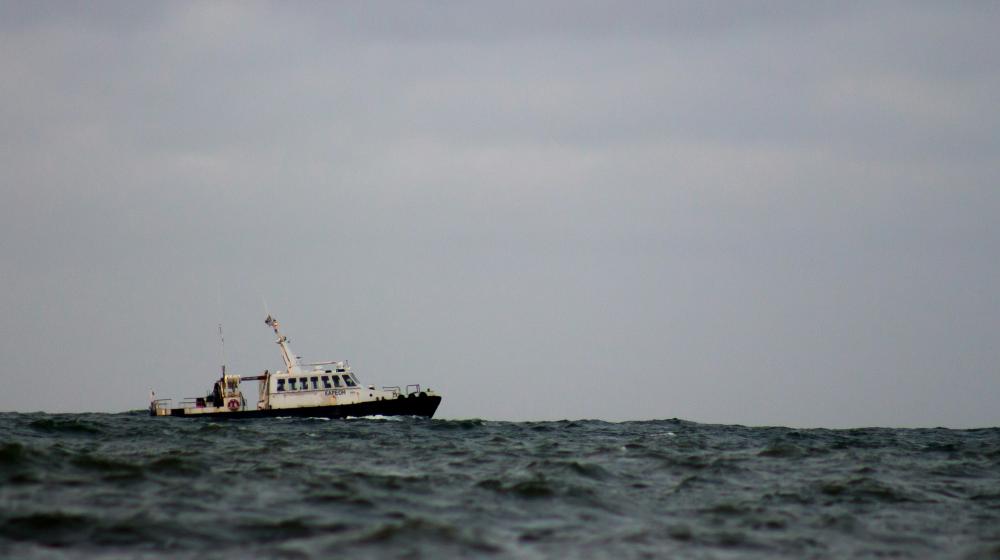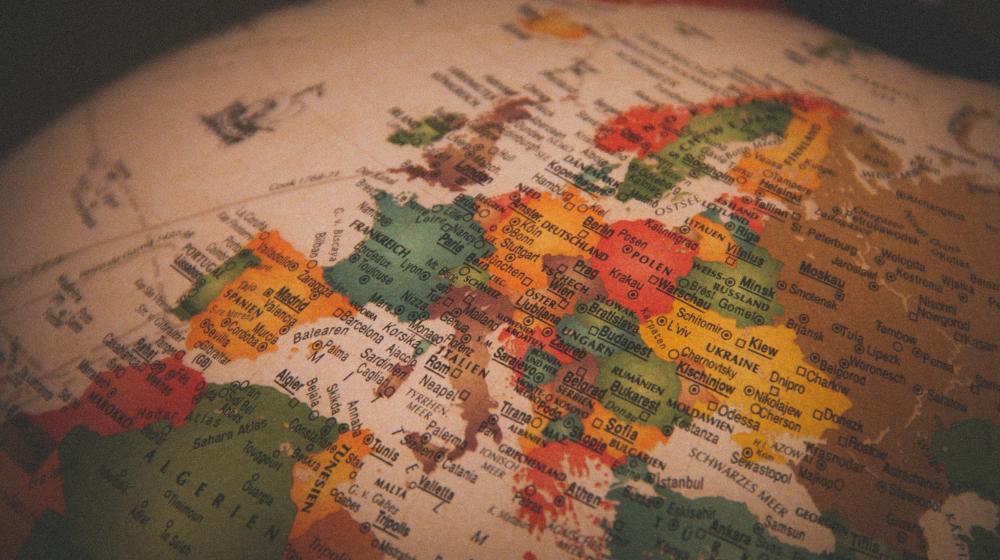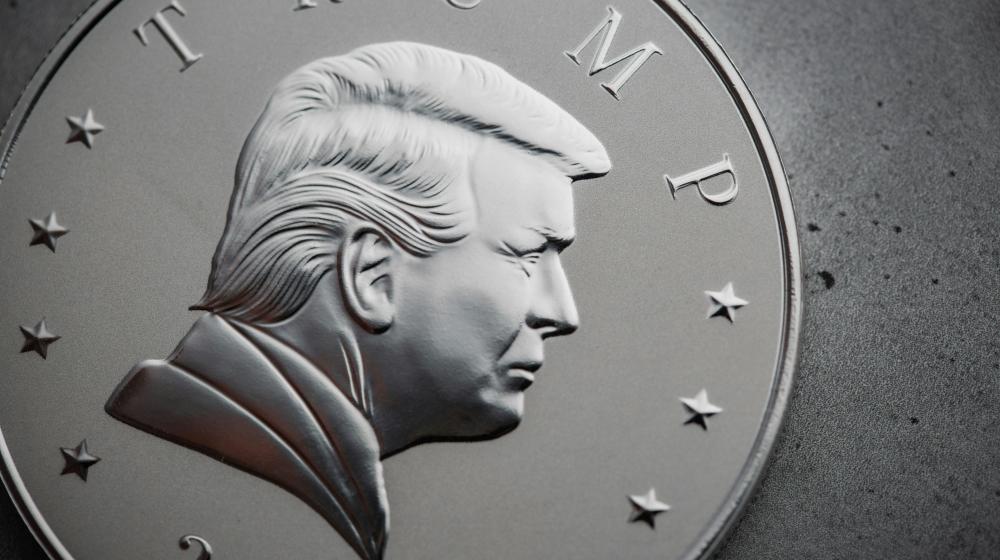This opinion piece by Steven Everts was originally published in Dutch in NRC on 11 March 2025 under the title 'Volgende slachtoffer van Trump: de dollar'. It is reproduced here in English with the permission of NRC.
People usually don't lie with their own money. While diplomats and political leaders are still cajoling and appeasing Trump to prevent the worst, it is good to look at the 'daily elections' on the financial markets: there people vote with their money. And we see not only American stock markets in the red, but also a dollar under pressure.
A few figures illustrate this: after a 'Trump rally', a 10 percent increase in November and December, the S&P 500 and the Nasdaq have now fallen far below the level of Trump's election. The European stock markets, on the other hand, are doing much better, with a 10 percent increase since his inauguration. Last week was even the best week for the euro since the financial crisis of 2008: in one week the currency rose 4 percent against the dollar. Normally, in times of crisis and uncertainty, people buy dollars as a 'safe asset'. Now the opposite is happening. And it also says something about these times that The Economist , not a bastion of anti-Americanism, portrays Trump as an arsonist, on top of a mountain of dollars, with a jerrycan and lighter in his hand.
It is important not to dismiss all this as a purely financial issue. The status of the dollar also has geopolitical causes and consequences. For decades, the dollar served as the anchor of the international financial and monetary system: all roads led to the US and the dollar. This had enormous advantages for the US. Trading in your own currency means that the exchange rate risk lies with the other party. If you are the sun in the international monetary system, it is other countries that have to build up their reserves in your currency. And besides: all those dollar bonds that foreigners have as reserves are in a sense a free loan that is never paid back. Economists call this advantage 'seigniorage' or 'currency profit': you can create extra money, without the corresponding risk of inflation.
Moreover, the dollar’s status allows the US to impose extra-territorial sanctions on other countries. After all, almost everyone is dependent on the dollar’s clearing system. When Trump unilaterally withdrew from the Iran nuclear deal, many European companies decided not to do business with Iran, even if it was perfectly legal under European law. Access to the US and dollar markets weighed more heavily. Monetary reserve status is therefore also a matter of power: you force others to adapt to your laws and preferences. That is why John Connally, Nixon’s Treasury Secretary, once said in a blunt but also revealing manner: “ The dollar is our currency but your problem .”
Why did other countries support it anyway? Because there were many advantages to American leadership of the international economic system that we used to call 'the West'. America stood for stability, rule of law, open markets and, importantly, security guarantees. In Trump's 'cultural revolution', all of this is up for discussion, or has already been thrown overboard. And this undermines the position of the dollar.
Economist Barry Eichengreen has shown beautifully that precisely the countries that were most dependent on the US for their security (Japan, South Korea, Germany, Saudi Arabia, etc.) also held the largest percentage of their reserves in dollars. In short: if you want Uncle Sam to come and save you, you buy F-35s and dollars, as 'insurance'. But who still trusts the word of Trump and therefore America?
This 'new thinking' about the dollar is reinforced by Trump's strong focus on cryptocurrencies. This week he gave an executive order to build up a strategic reserve of cryptocurrencies, starting with 200,000 bitcoins. The idea is to create a kind of 'digital Fort Knox'. This is also a negative signal for the status of the dollar.
What should Europe do now?
This is the moment to expand the international status of the euro. The best way to do this is to offer international investors an alternative to the dollar. First of all, this means not doing anything stupid, so keeping trade open and keeping your word. But also: working on integrating the European capital market and, yes, joint euro bonds. We need these to set up our defence, but in addition to create a deeper and more liquid bond market in euros.
Everything now revolves around reducing dependencies and investing in our own strength. So less dollar hegemony and working on the euro as an alternative. That is better for ourselves. And who knows, maybe the financial markets are the only counterforce that can temper the Trump tornado?




